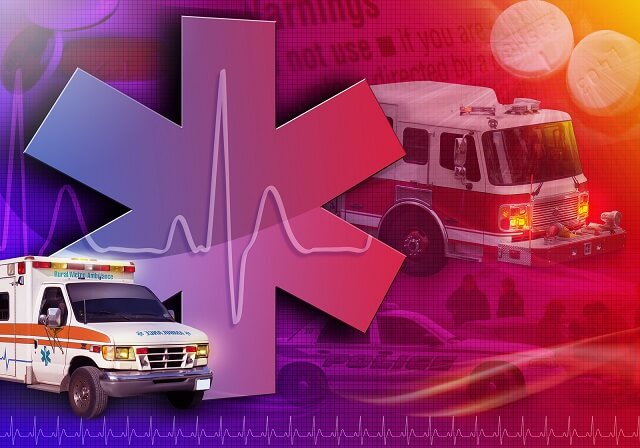
Does Medical Malpractice Apply to Emergency Room Errors?
- June 17, 2016
Maybe you were injured in an accident. Or, maybe you suddenly experienced pain and weren’t sure what was wrong. Or, maybe you simply didn’t know where else to go. In any case, you ended up in the emergency room, and you received a diagnosis and, perhaps, treatment for a medical emergency.
However, you didn’t get better. In fact, you may have gotten worse; or, worse still, you may have suffered another injury or illness while you were in the hospital. The emergency room doctor made a mistake, and you are suffering the consequences. What do you do now?
Your Rights After an Emergency Room Error
All doctors in New York owe a legal duty to diagnose and treat their patients with a certain standard of care and this includes doctors in the emergency room. If the doctor who diagnosed your condition or treated your injuries made a mistake, you could have a claim for medical malpractice.
The following are some of the most common forms of emergency room medical malpractice:
1. Failure to Diagnose and Improper Diagnosis
In the emergency room setting, doctors can overlook patients’ symptoms or fail to connect the dots suggesting a particular diagnosis. Sending patients home without necessary treatment and treating patients for the wrong illnesses and injuries are both examples of mistakes that may constitute medical malpractice.
2. Surgical Errors
Along with misdiagnosis, surgical errors are among the most common forms of medical practice both inside and outside of the ER. Surgical errors that will often entitle patients to financial compensation include wrong-site surgery, wrong-patient surgery, anesthesia errors, negligence during the operation, and leaving surgical tools or sponges in the body.
3. Medication Errors
If you received a medication while in the emergency room or if the ER doctor sent you home with a prescription, any errors in dosage, the type of drug prescribed, and administration of the medication in the emergency room (such as administering more than the prescribed dosage) can all amount to medical malpractice.
4. Failure to Treat
Leaving an injured or ill patient unattended in the waiting room can also constitute medical malpractice. Unfortunately, many patients’ conditions worsen at the hospital simply because emergency room doctors and staff do not address their needs in a timely manner.
5. Improper Discharge
In busy emergency rooms, finding an open bed is often a top priority. In order to see as many patients as possible, doctors and hospital administrators will sometimes discharge patients too soon—before they have been properly diagnosed or while they should still be subject to medical supervision.
Keep in mind: These are just examples. There are many other forms of malpractice that can entitle emergency room patients to seek financial compensation.
Speak with a Medical Malpractice Lawyer at Stenger, Diamond & Glass LLP
If you believe you may have received improper or inadequate treatment in an emergency room in the Hudson Valley, we encourage you to contact us for a free consultation about your legal rights. To speak with one of our experienced medical malpractice lawyers, request an appointment online or call (866) 290-6929 today.
